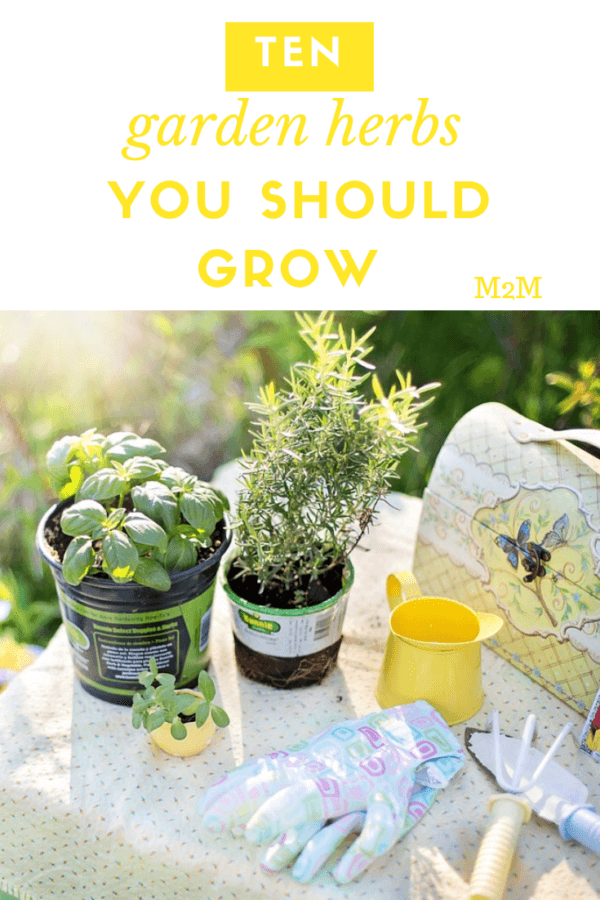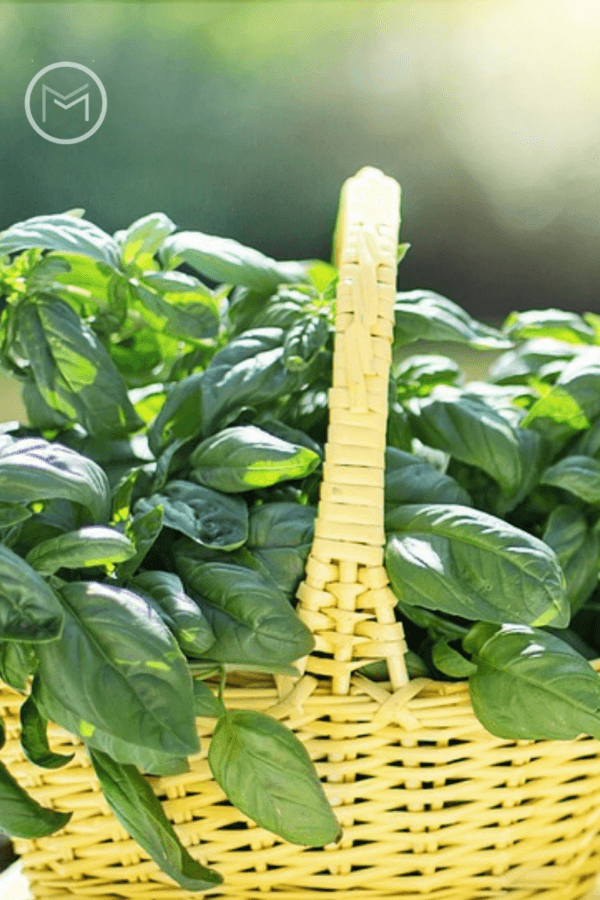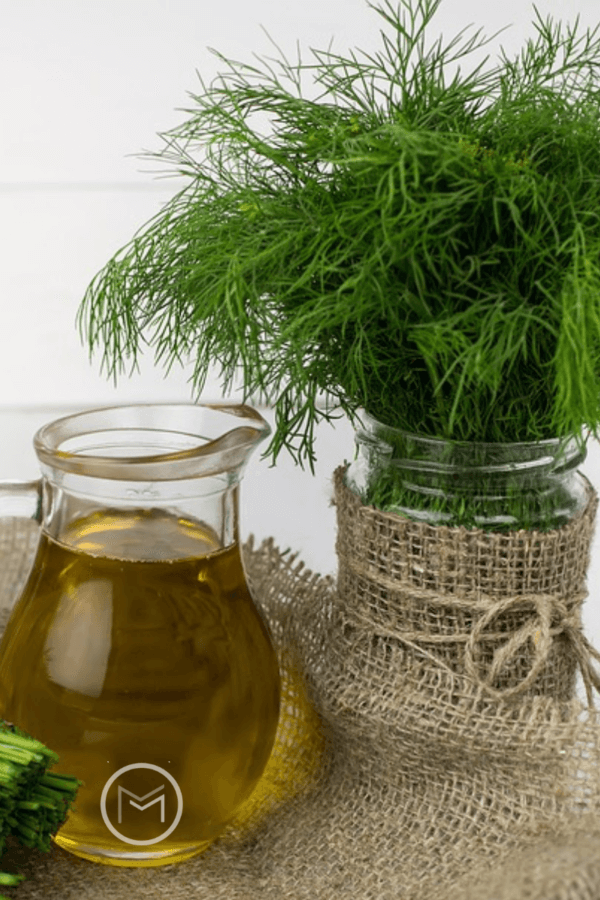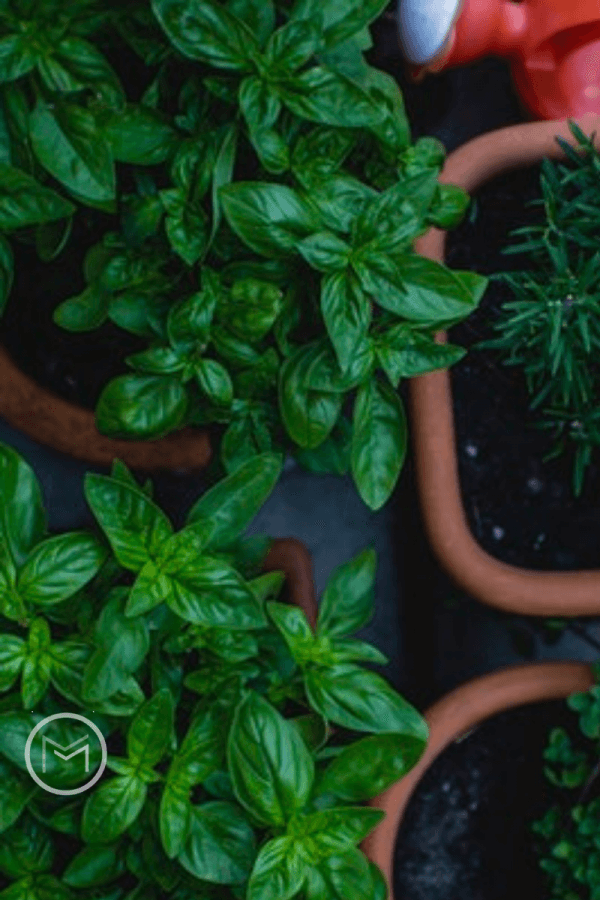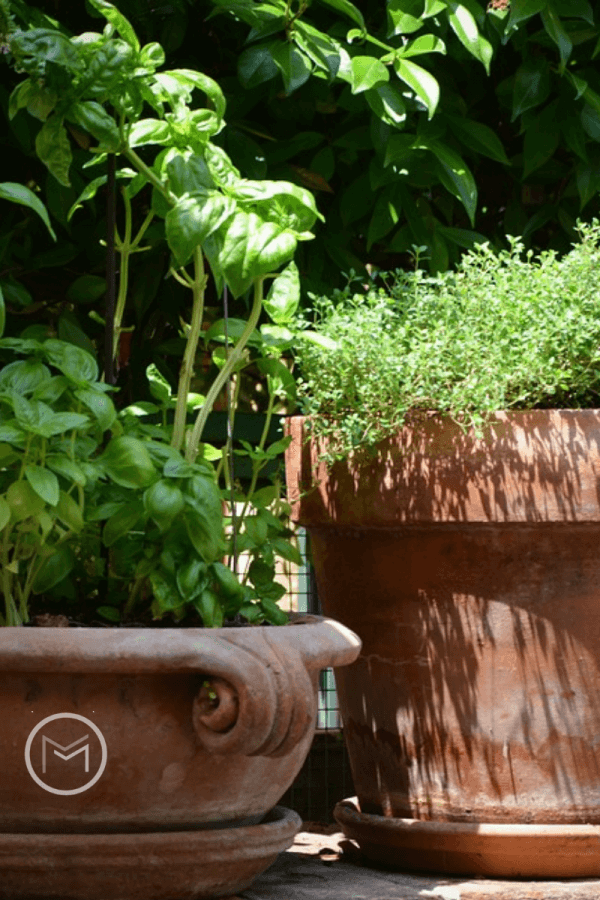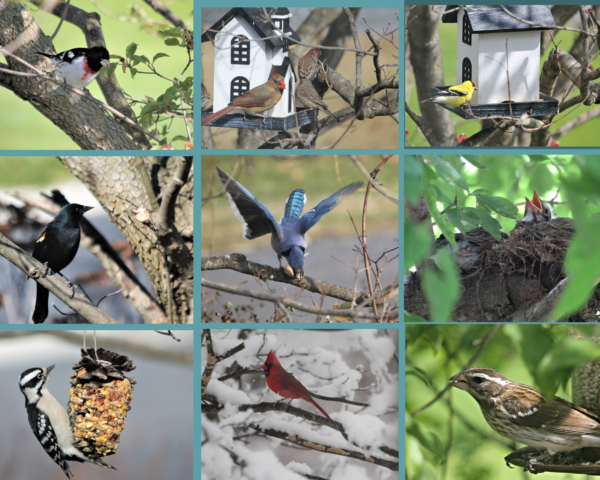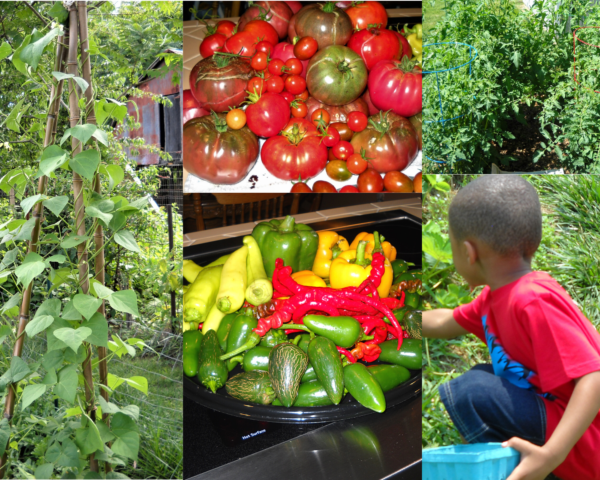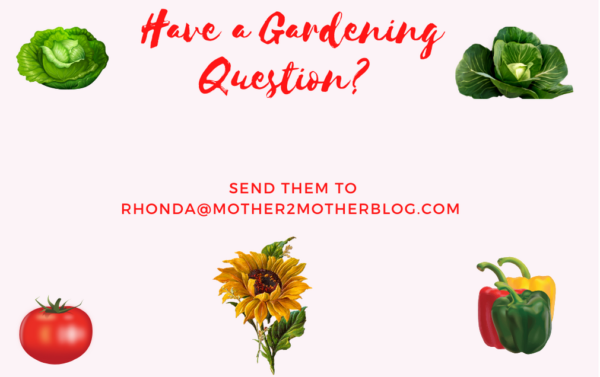Today, I’m sharing gardening tips on the benefits of lavender. If you’re interested in growing lavender or making DIY medicinal or beauty products using lavender, this post is for you? Lavender is in the mint family; however, it isn’t as invasive as mint. Furthermore, it’s native to the Middle East, India and the Mediterranean and can be traced back at least 2500 years.
Lavender was initially used as a holy herb. It is mentioned in the Bible as Spikenard. It was used to prepare the Holy Essence and gets its name from the Latin word ‘Lavare’ meaning ‘to wash”. Next, the Romans used lavender to scent their baths, beds, clothes and even hair. Many use lavender for medicinal purposes and a variety of other reasons today.
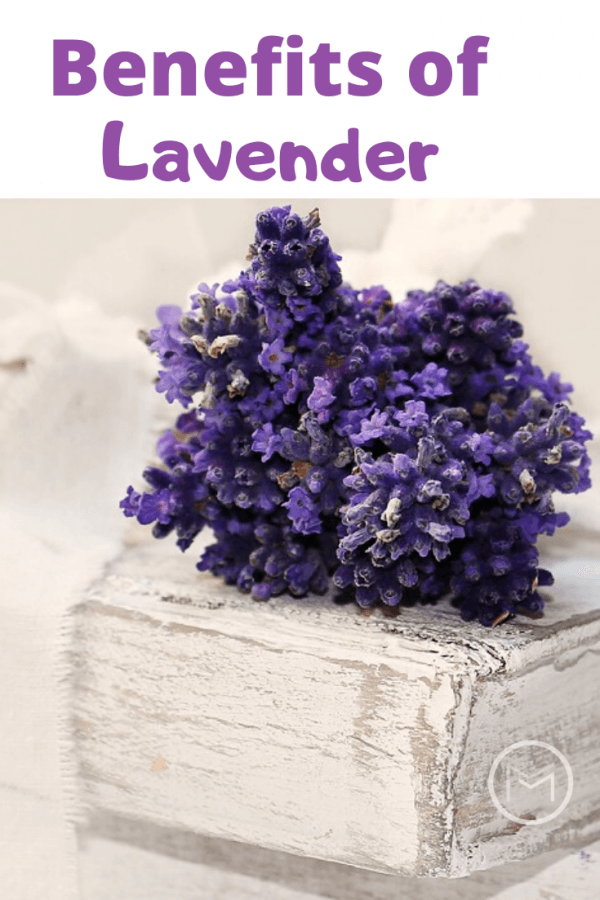
Here are a few benefits of lavender:
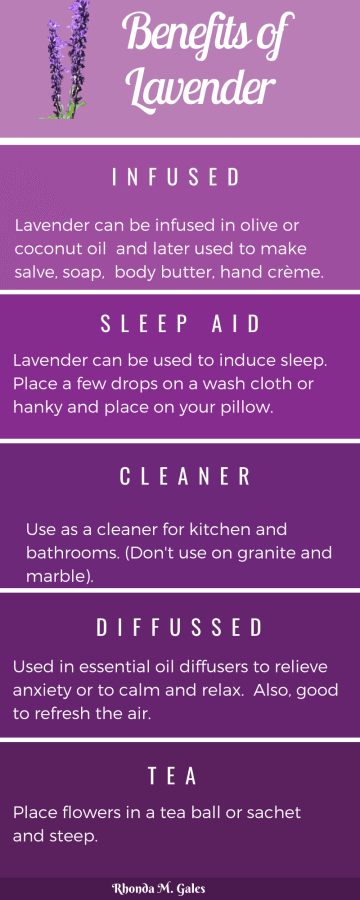
Infused – Infuse lavender with olive oil, sweet almond oil or liquid coconut oil. After 6 weeks, the oil and lavender must be strained through a cheese cloth. Store the oil in a glass bottle. Make body butter, hand cream, lip balm, sugar scrub, lotion, and cleaner from the infused lavender oil.
Sleep Aid – Create a sleep-aid with lavender essential oil or infused lavender oil. Simply, dilute the essential oil with water and fill a travel size spray bottle with the solution. Spray a handkerchief or washcloth and place it on your pillow at night. It’s great for calming down kids too. Use a carrier oil that will not stain your clothing or bedding. When you infuse oil, use one that won’t stain your clothing and bedding. Dilute the oil with water to use as a sleep-aid spray.
Kitchen and Bath Cleaner – Infuse dried lavender with white distilled and water for 2 weeks in a glass bottle. Lavender is a great bathroom and kitchen cleaner. (Do not use on marble).
Diffuser – Lavender calms and reduces anxiety as well as relieves stress and assist with sleep. I use a diffuser with lights that change colors. I love the changing lights and colors, they relax me and make me happy.
Tea – Seep lavender flowers in a tea ball, and enjoy a hot cup of tea.
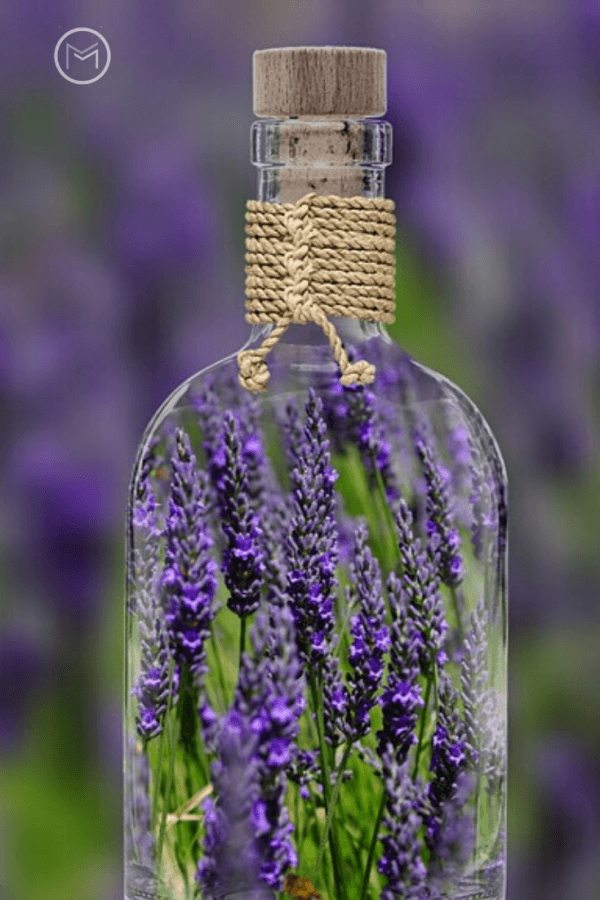
Last, we hope that the list of benefits of lavender will make you grab a seed packet and start planting. Finally, lavender is a perennial. So, once you have established plants it will return year after year. You can download the Lavender Infographic here.
